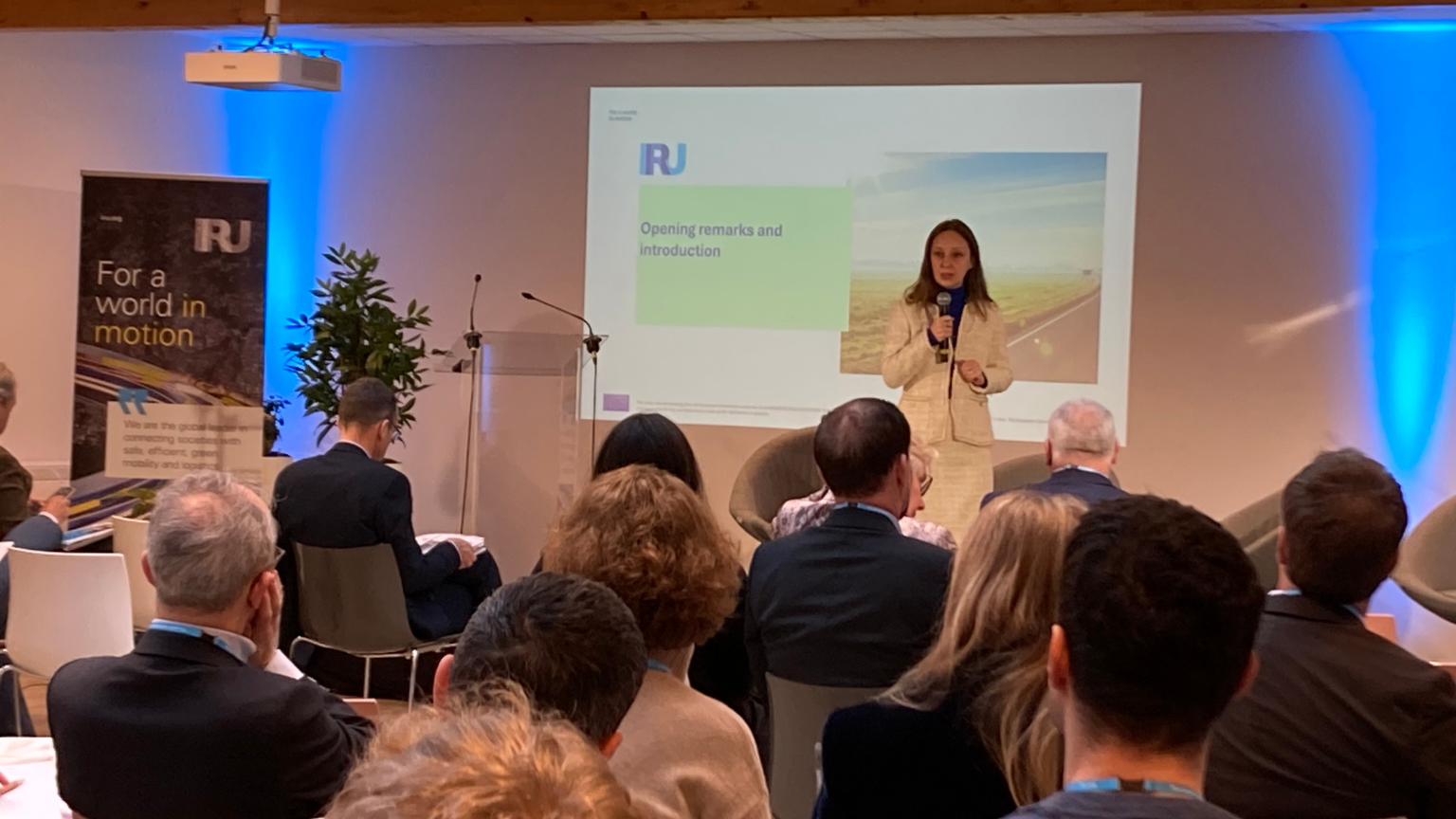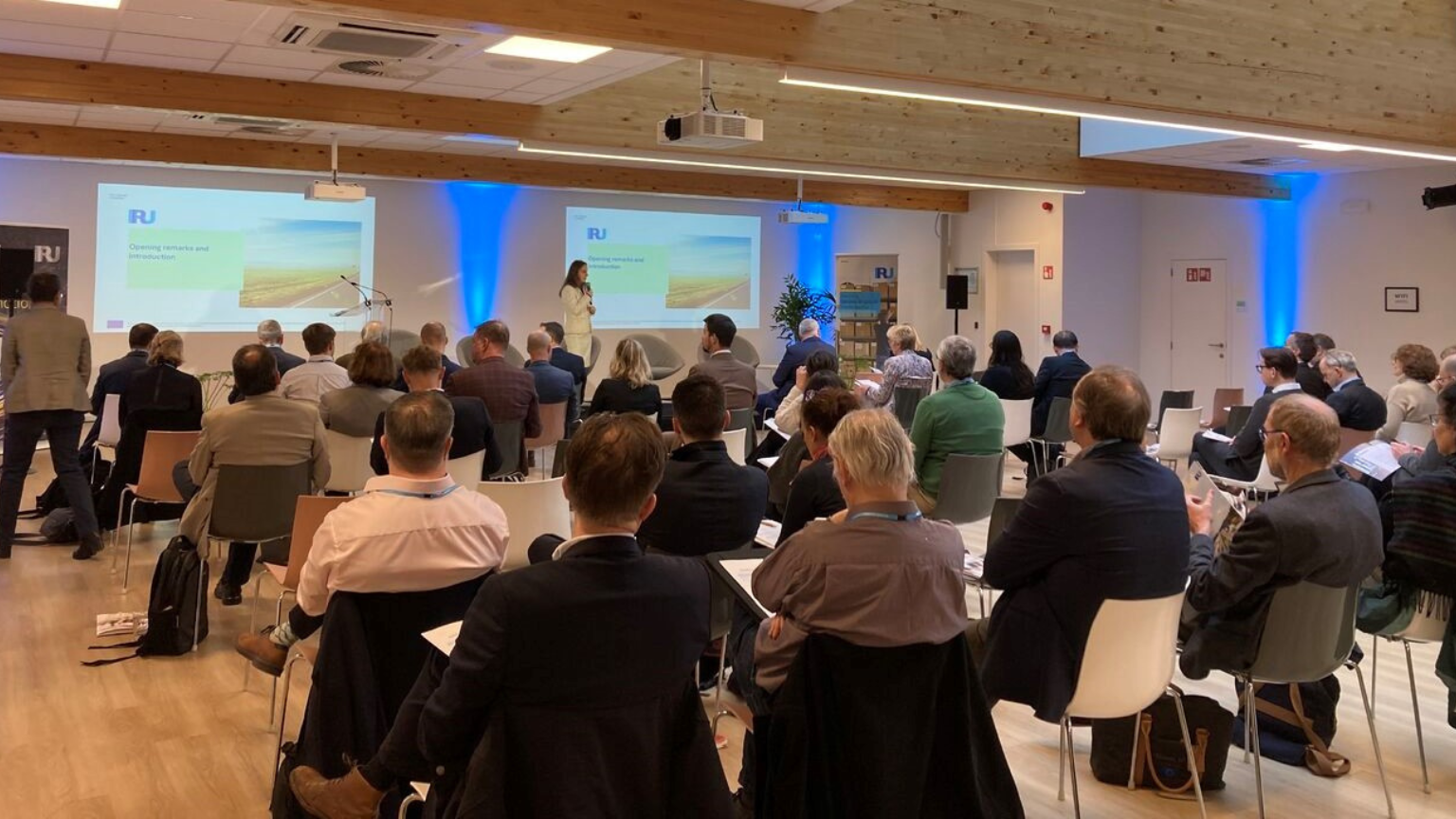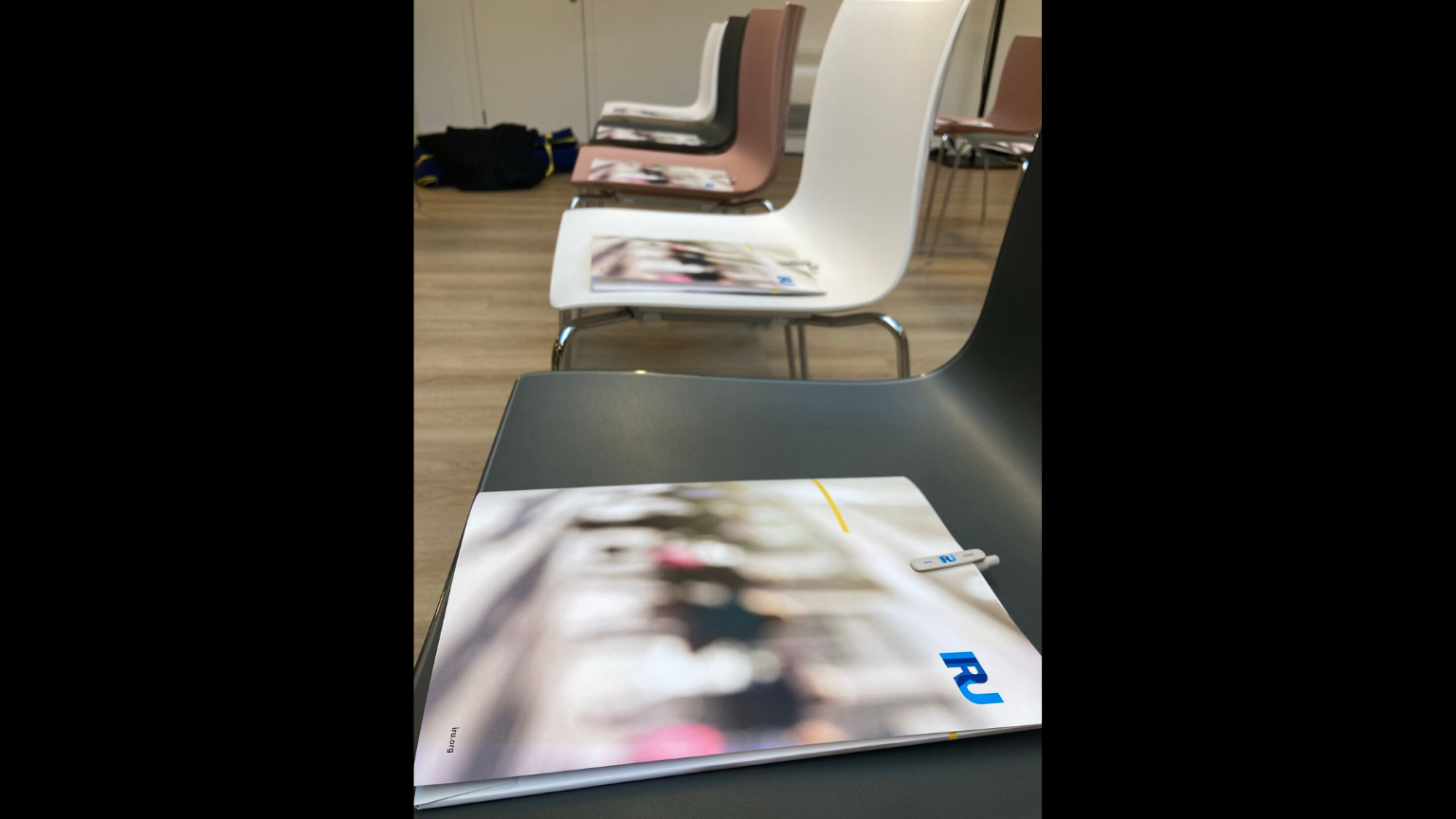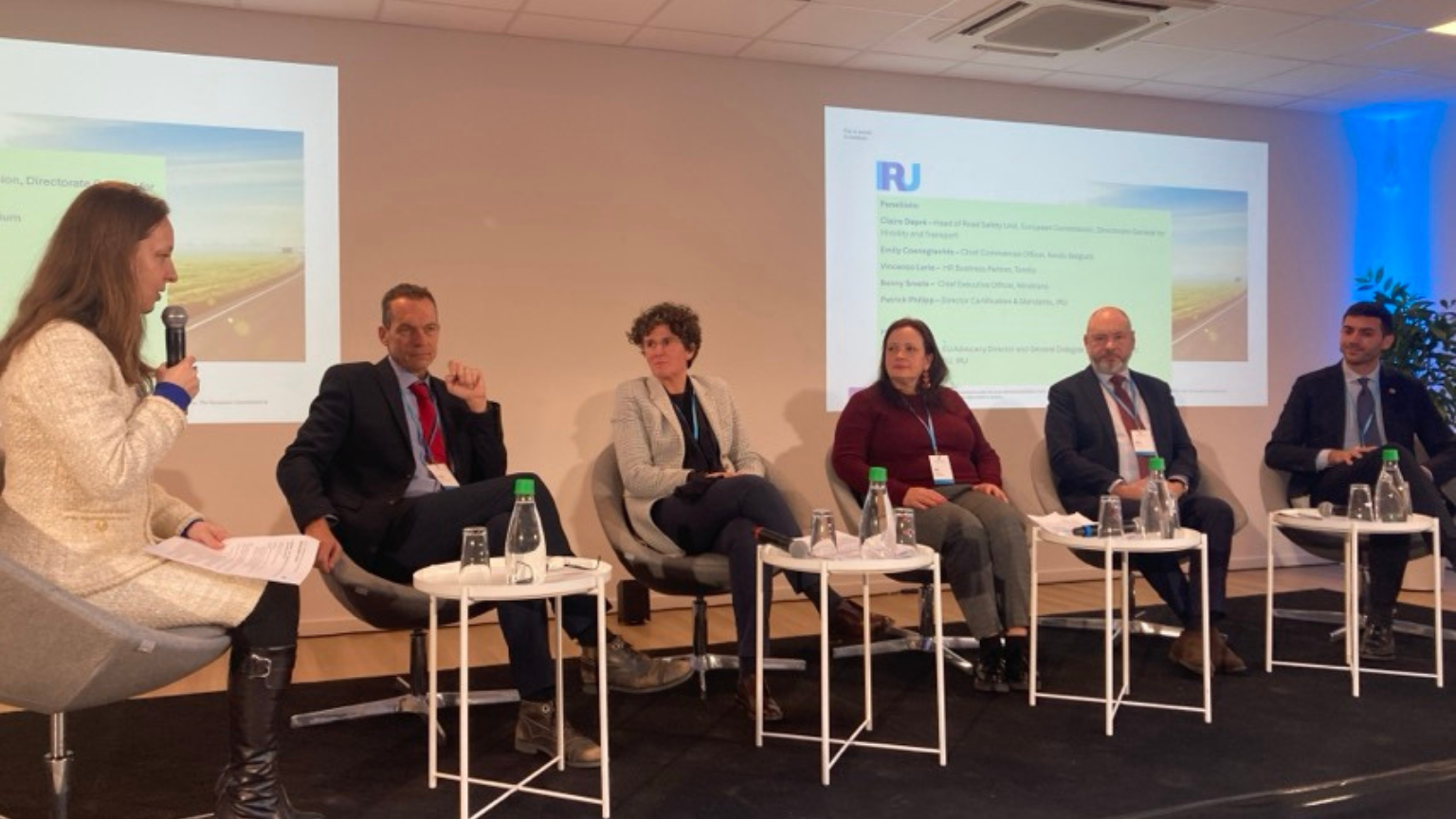IRU has presented key findings from an EU study on the recruitment of third-country professional drivers at the final STEER2EU workshop. The study, entrusted to IRU by the European Commission, supports efforts to tackle Europe’s growing driver shortage.
The final STEER2EU workshop brought together EU policymakers, Member State representatives, and industry experts to explore ways to tackle Europe’s driver shortage, focusing on solutions for integrating third-country drivers into the EU transport sector.
High-level European Commission representatives set the stage for discussions, with Petra Söderqvist, Policy Assistant in the Cabinet of Apostolos Tzitzikostas, the European Commissioner for Sustainable Transport and Tourism, delivering the opening remarks.

Petra Söderqvist said, “The shortage of professional drivers in the EU is a real concern that we must address. Bus services are already being reduced, and goods are not reaching their destinations because there are simply not enough drivers. The European Commission is motivated to work with policymakers, industry and other relevant stakeholders to find solutions, including improving legal migration pathways and exploring ways to facilitate the recognition of qualifications.”
“The findings of the STEER2EU study come at an important time and can contribute to the ongoing work to tackle this pressing issue,” she added.
IRU welcomed the European Commission’s high-level engagement and its recognition of driver shortages as a pressing challenge.
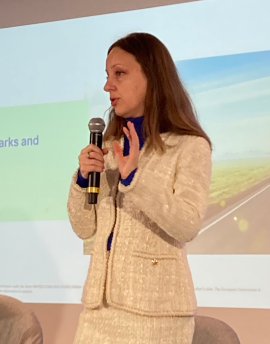
IRU EU Advocacy Director Raluca Marian said, “Our sector urgently needs more drivers. While we prioritise local talent, including young drivers and women, the gap is so big that we cannot overcome the shortage without third-country drivers. However, recruitment must never come at the expense of safety.
“This study, entrusted to IRU by the European Commission, takes a fact-based approach, assessing the conditions for recruiting third-country drivers across Member States and ensuring that standards are met.
“We appreciate the European Commission’s support in this important initiative and look forward to seeing how the study’s findings will be put into practice.”
Petra Söderqvist and Raluca Marian’s remarks opened the floor for in-depth discussions on the study’s main findings and their implications for EU policy.
The STEER2EU study, which IRU carried out for the European Commission, highlights recruitment challenges and best practices across the EU. During the presentation of its findings, speakers examined national approaches, showcasing models for streamlining third-country professional driver recruitment.
The debate also tackled regulatory barriers, including gaps in recognising non-EU driver qualifications and proposals to align them with European CPC standards. Labour market integration was another key focus, with calls for fair employment conditions and clear legal pathways for non-EU drivers.
The implementation of the ECMT Quality Charter, which recognises IRU Academy Professional Qualifications as a benchmark, is seen as a model for strengthening regional harmonisation and the recognition of driver qualifications. IRU is now working with several governments to establish an advanced examination methodology and enhance capacity to ensure transparency and trust in driver qualification documents.
A panel discussion examined practical solutions, including regulatory harmonisation and clearer employment pathways, to tackle the worsening driver shortage. Participants underscored the urgency of addressing the crisis, warning of its impact on supply chains and public transport. Operators highlighted the severity of the issue, stating that the lack of drivers has made it impossible to fulfil certain contracts.
Although the recruitment of third-country professional drivers is a viable solution, slow approval processes remain a major obstacle. The panel called for EU-wide harmonisation of licensing and stronger collaboration between policymakers and businesses.
The workshop concluded with a call for coordinated action to build a well-regulated, sustainable workforce that supports Europe’s road transport sector.


